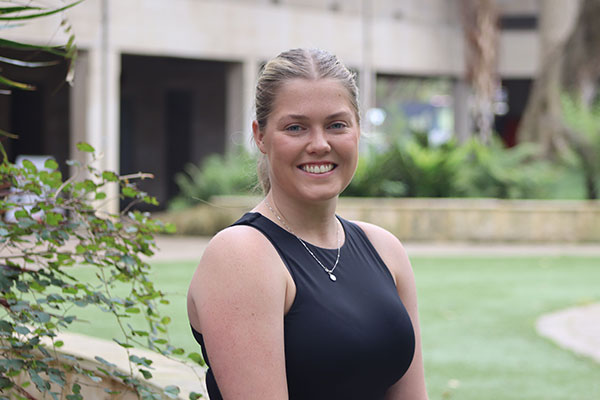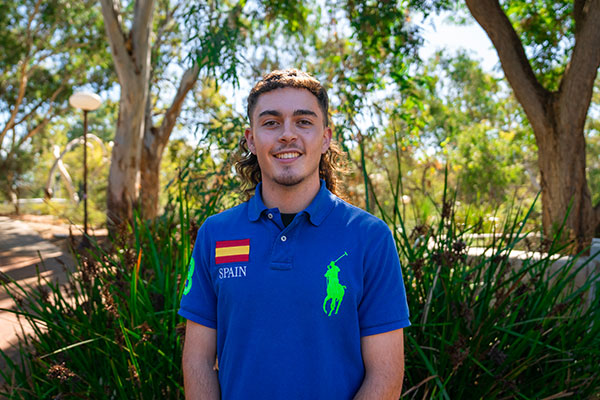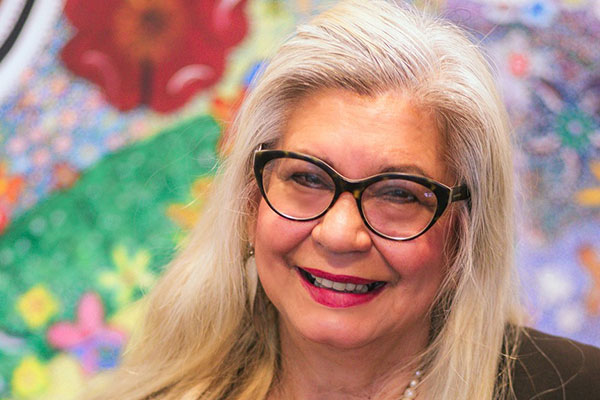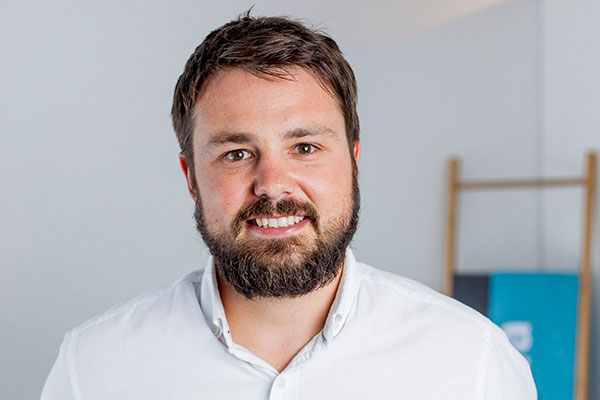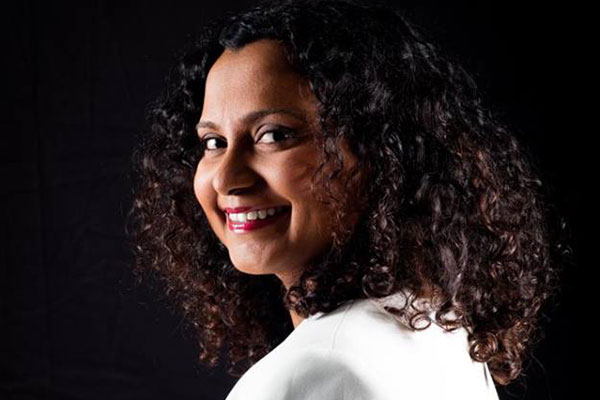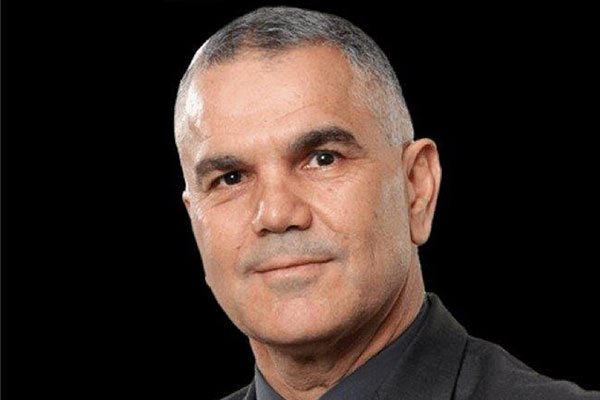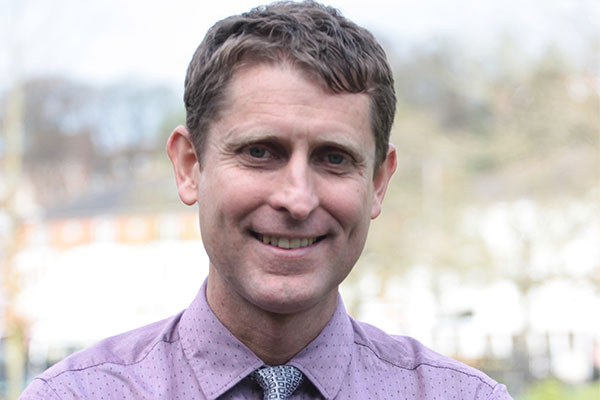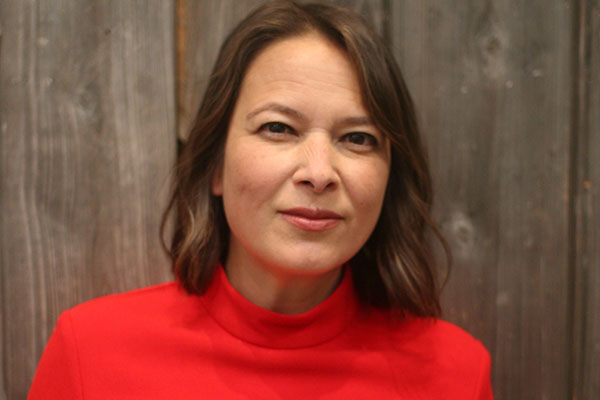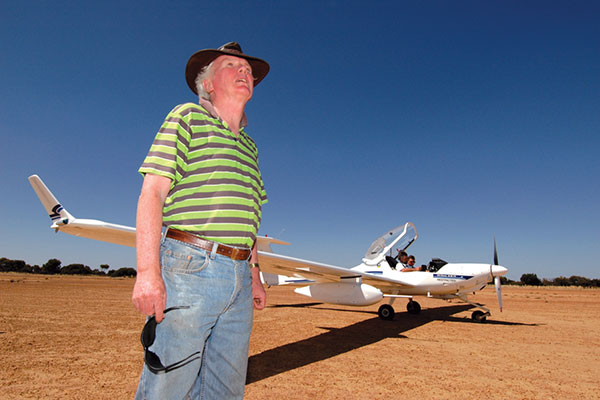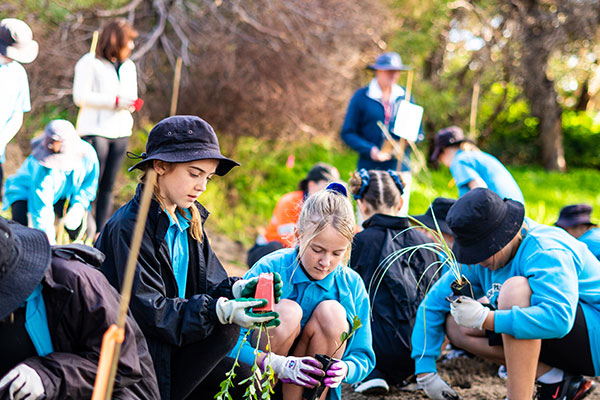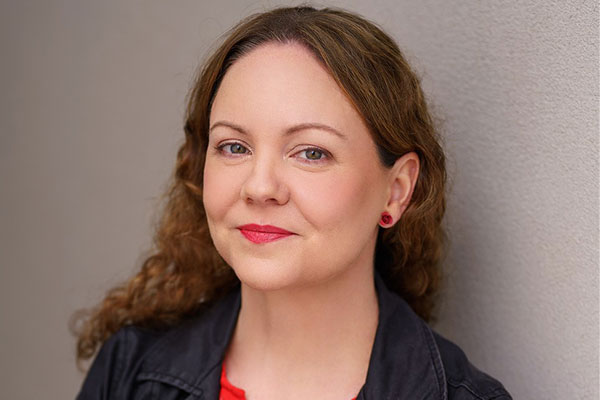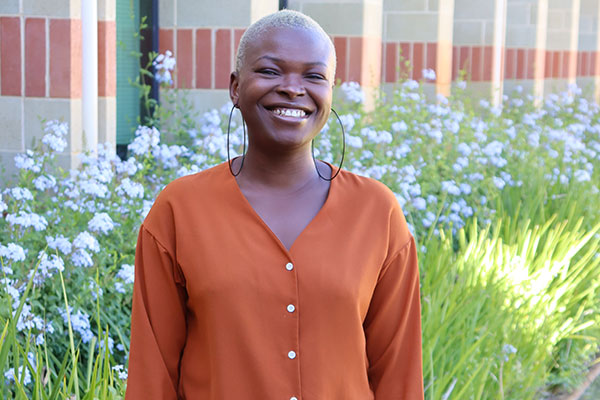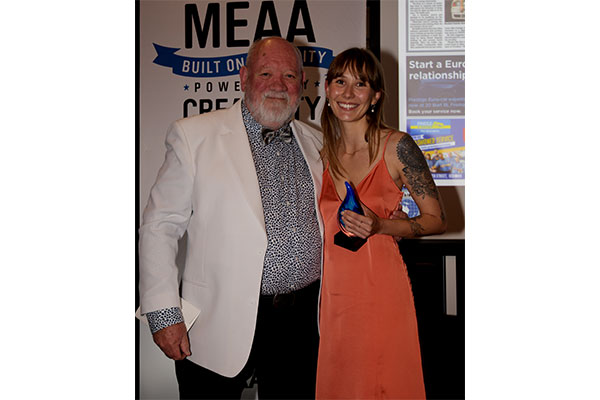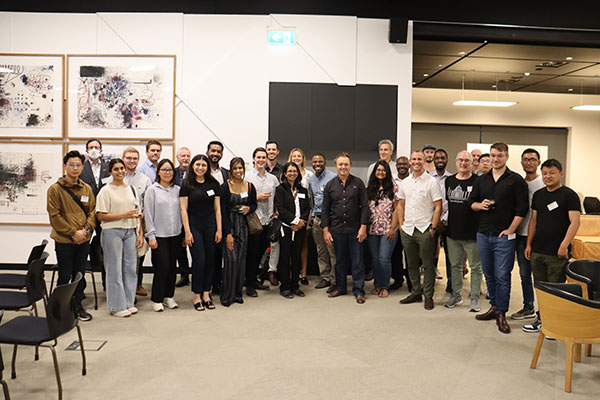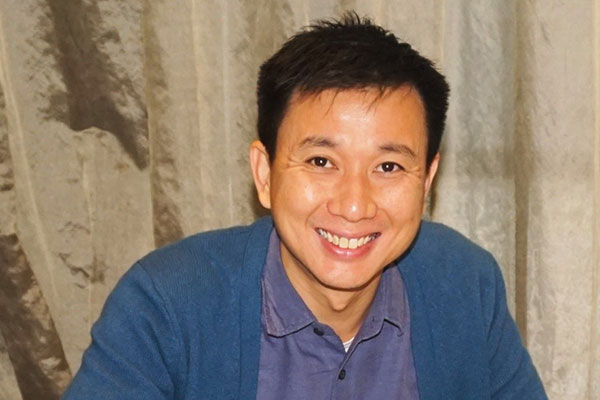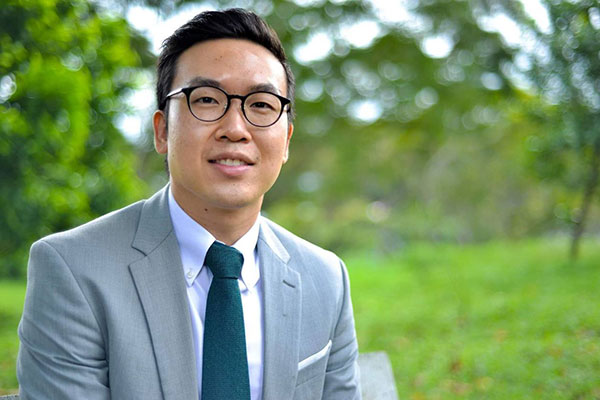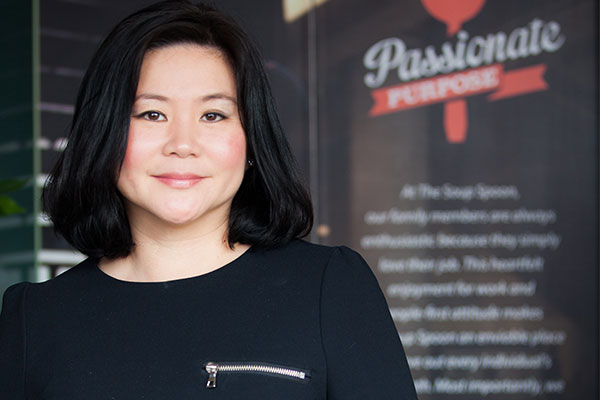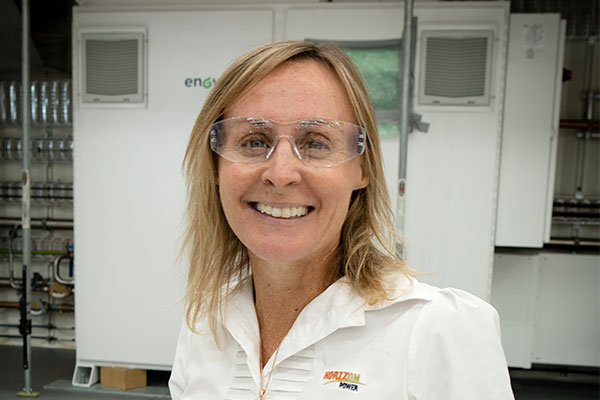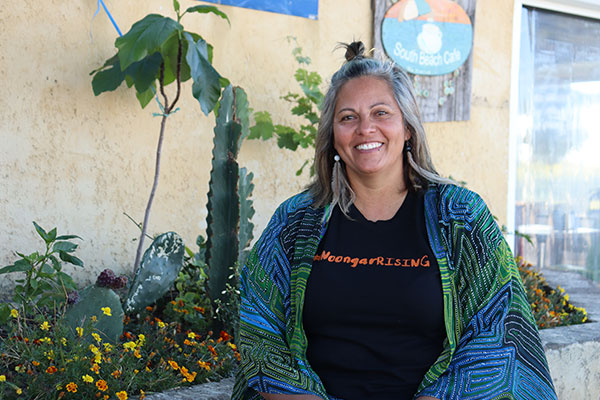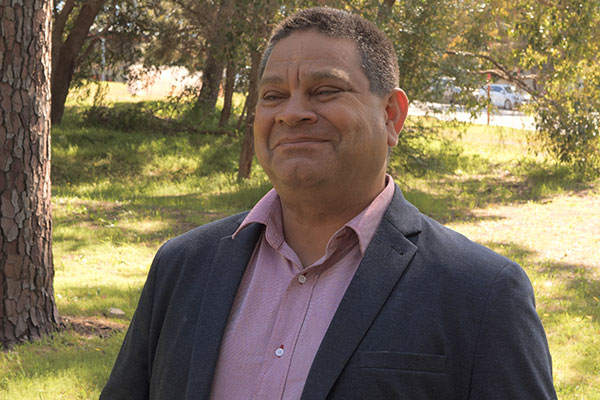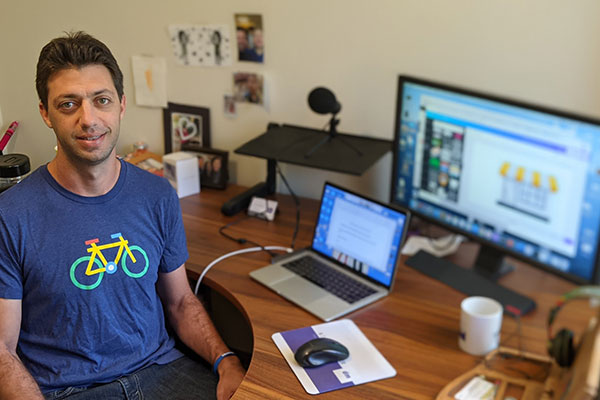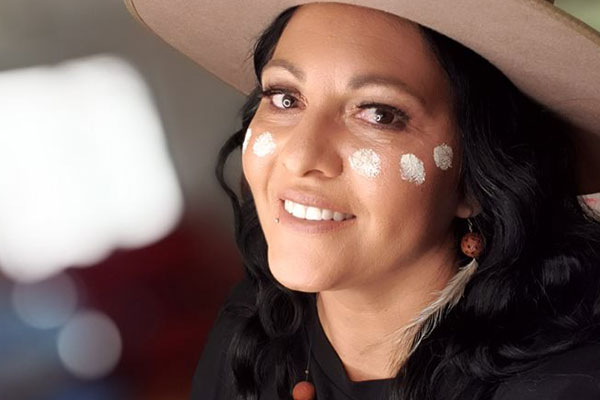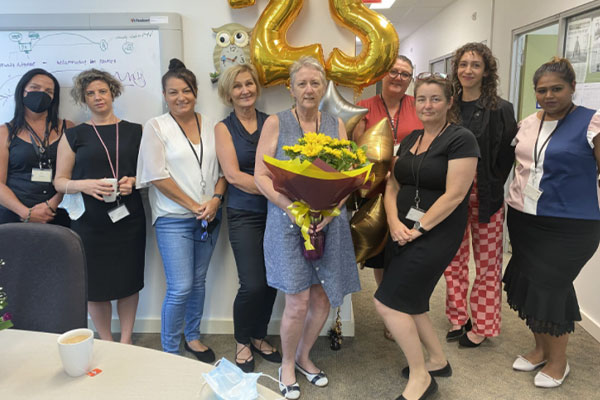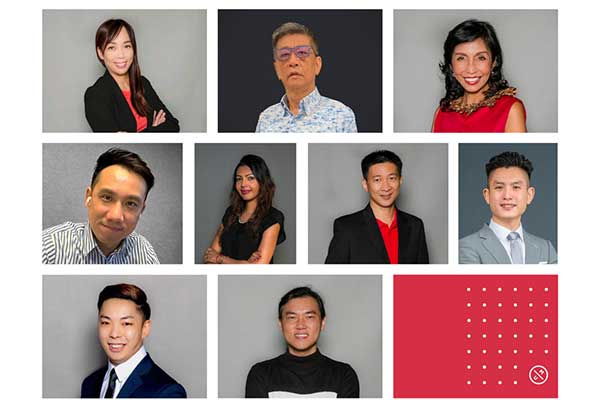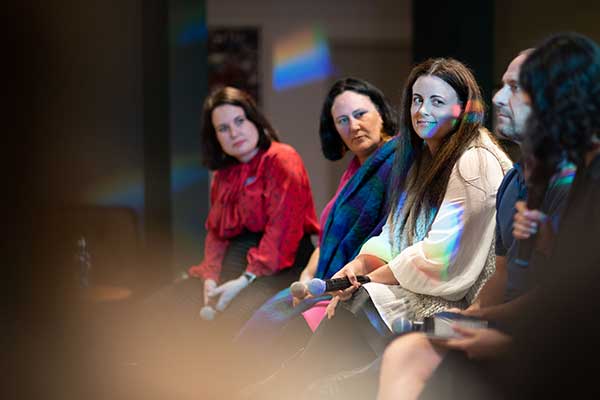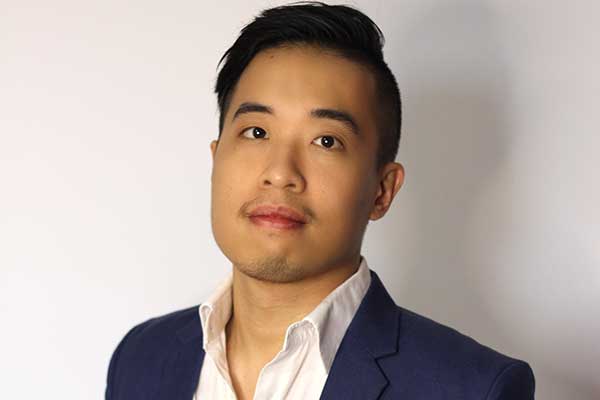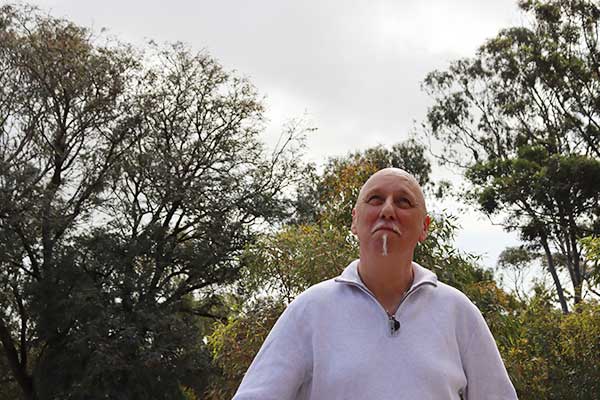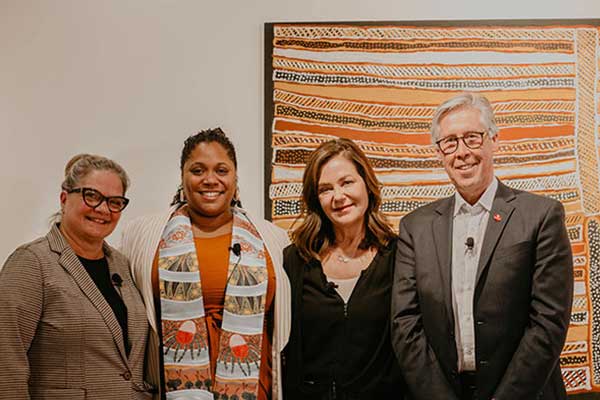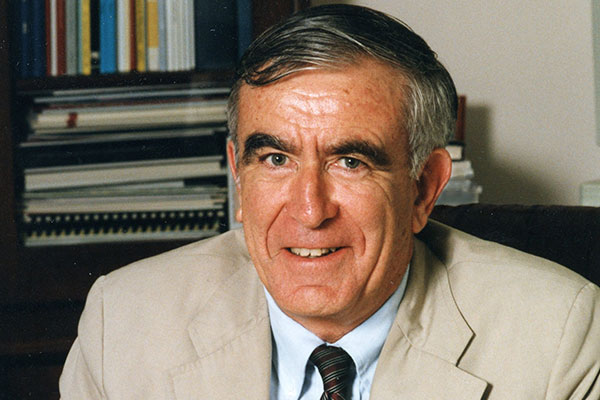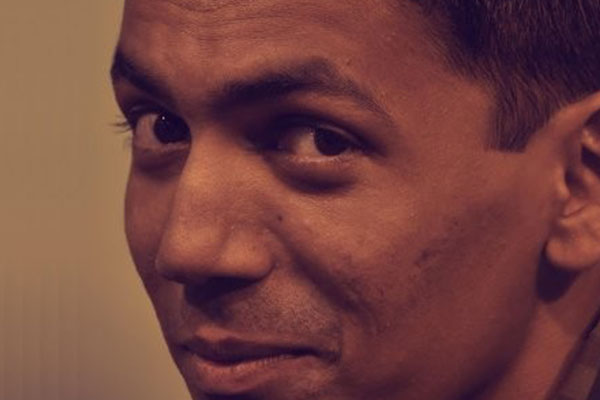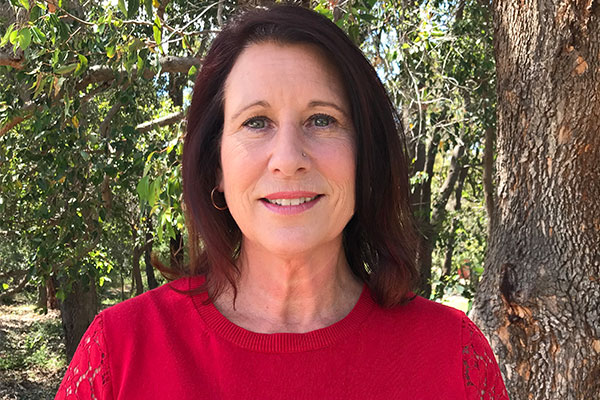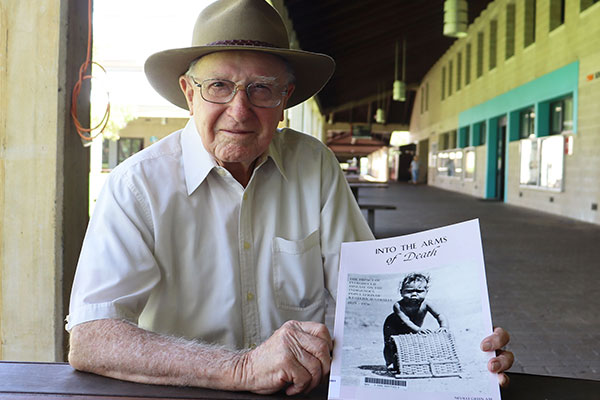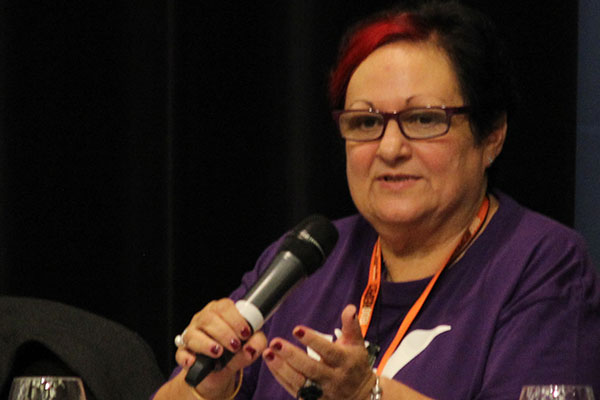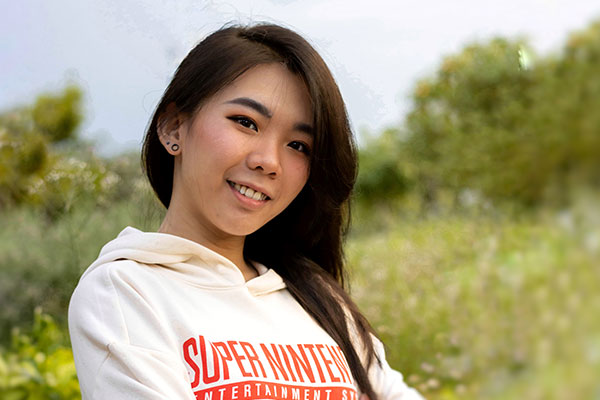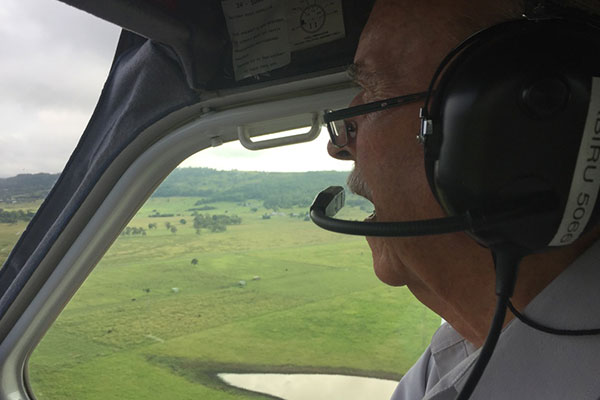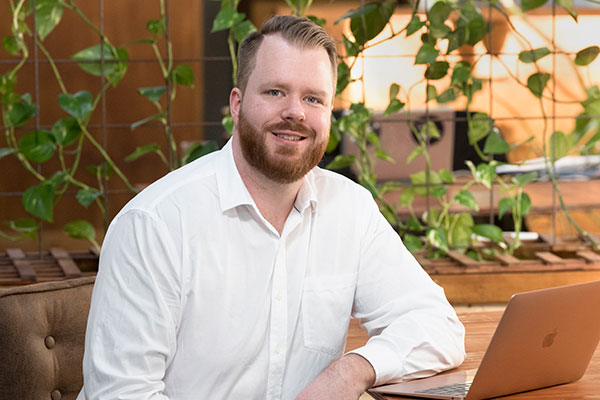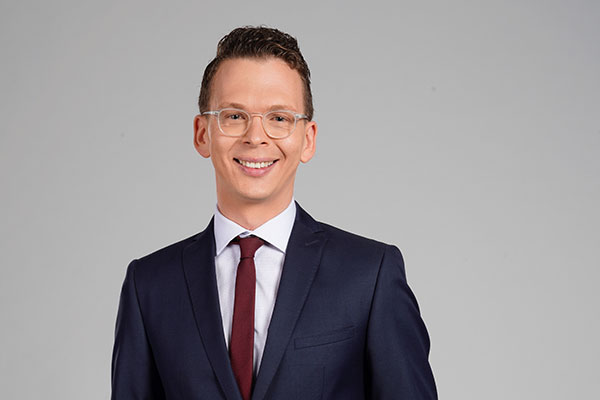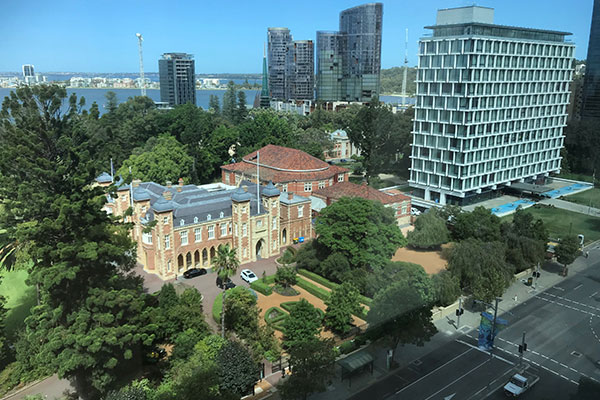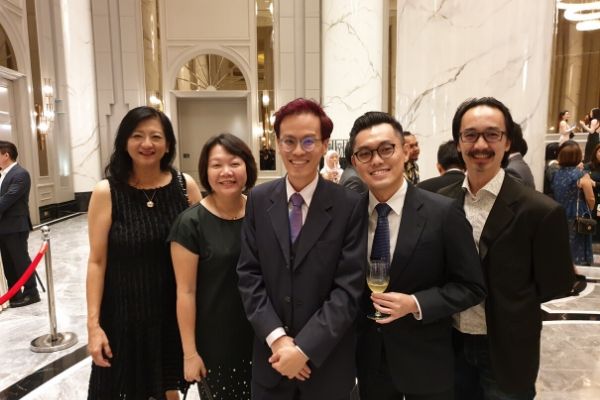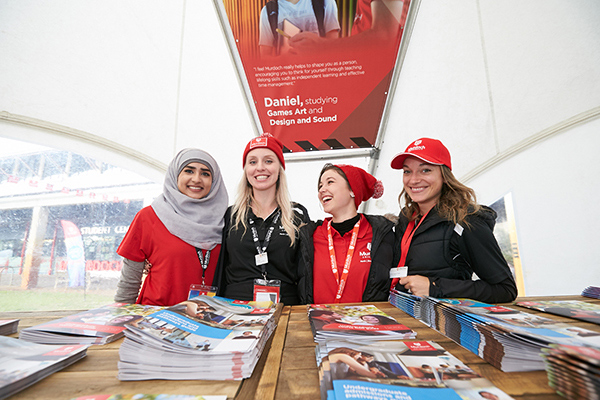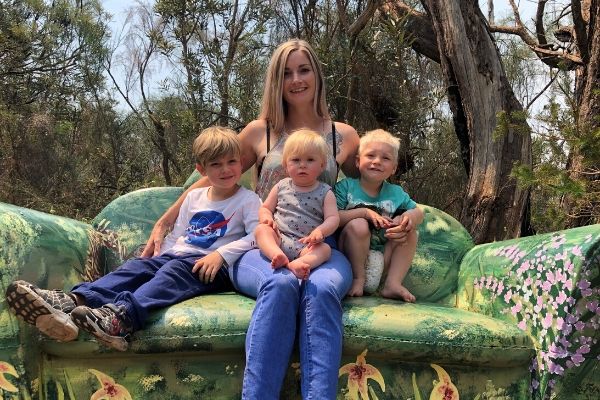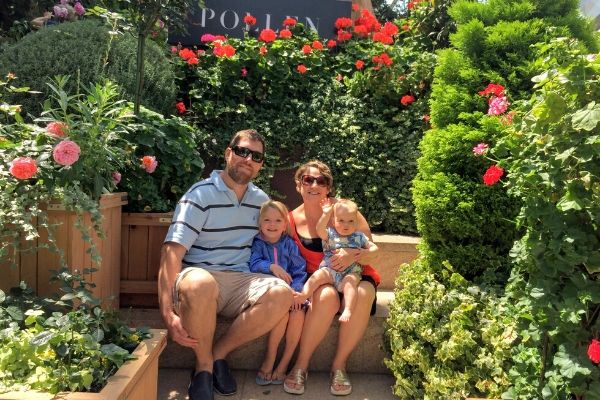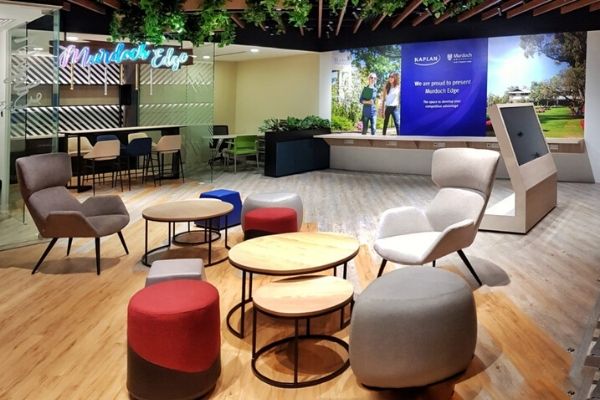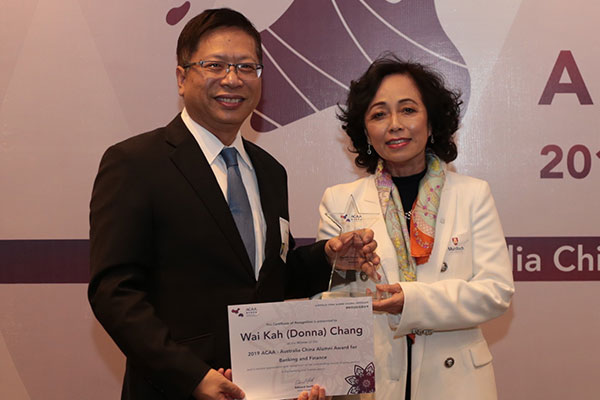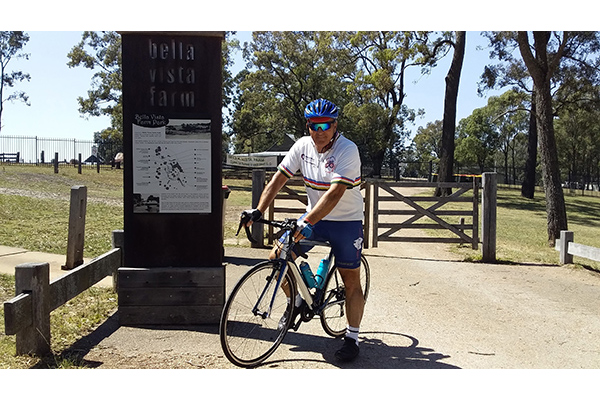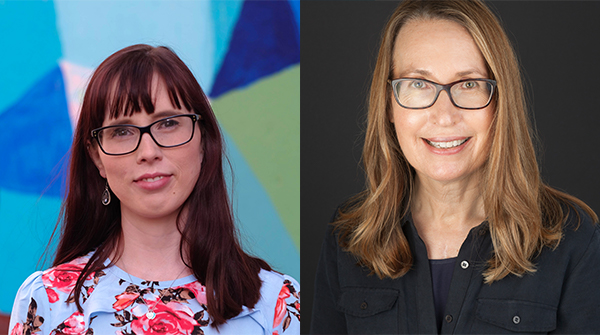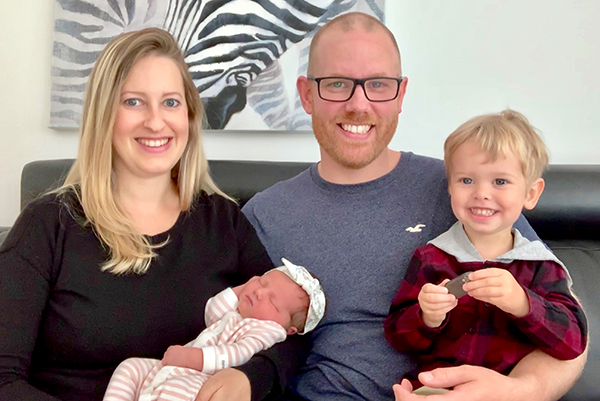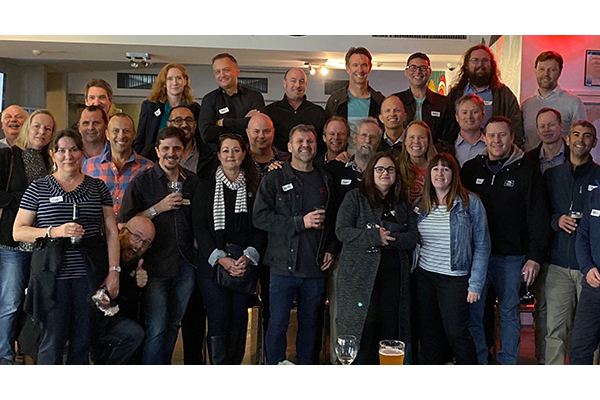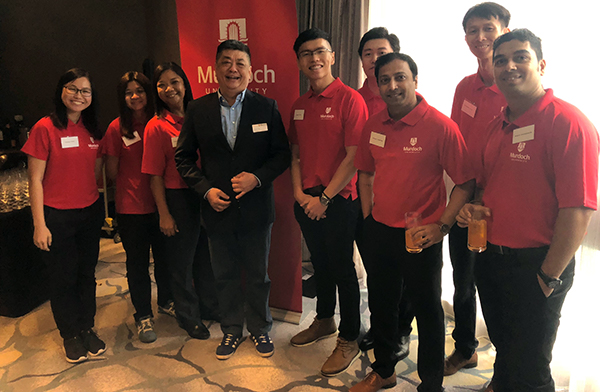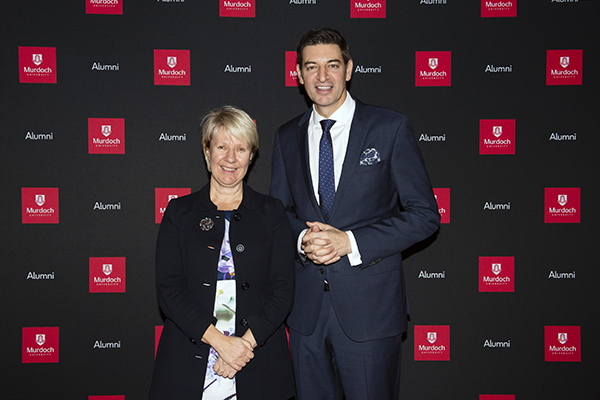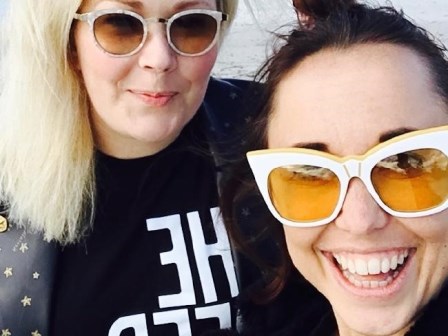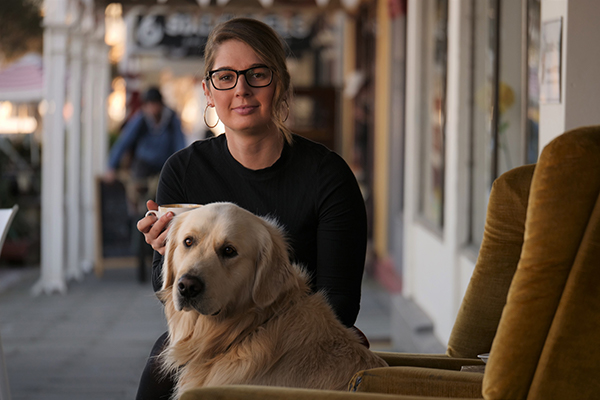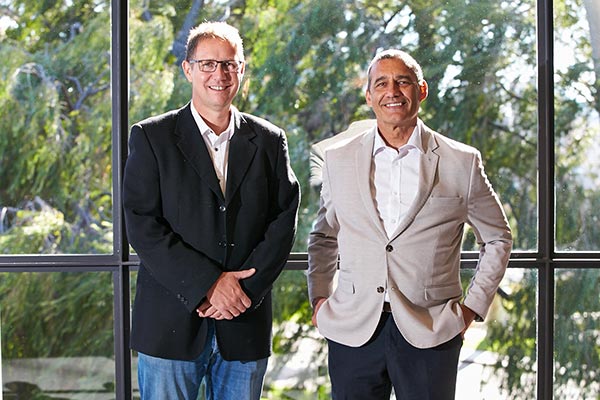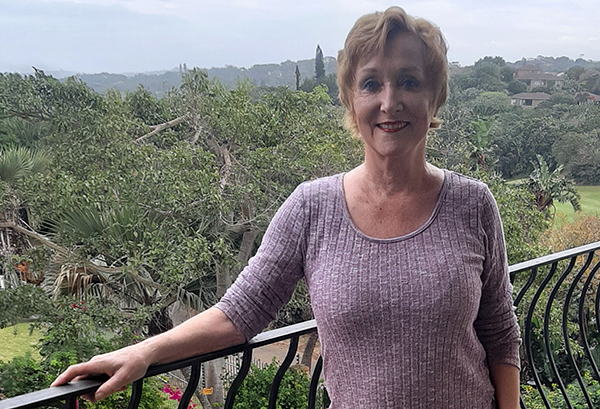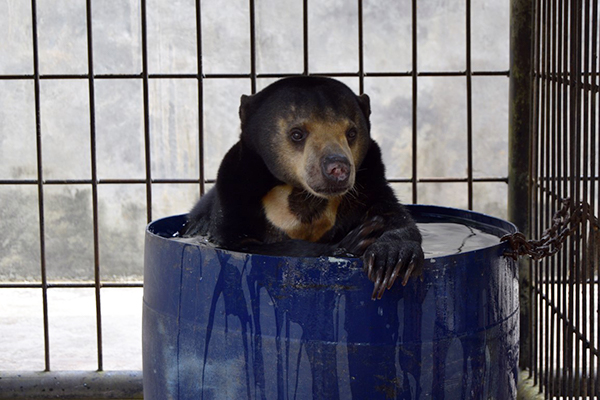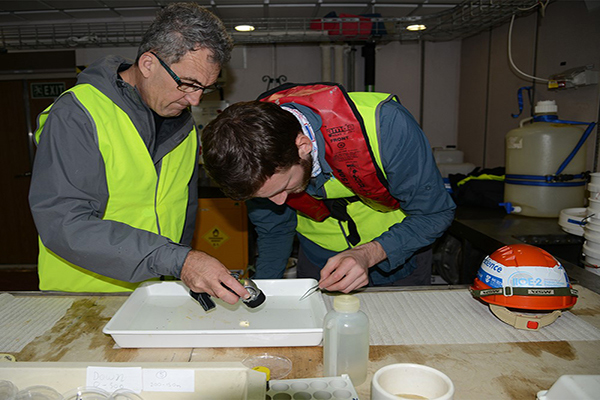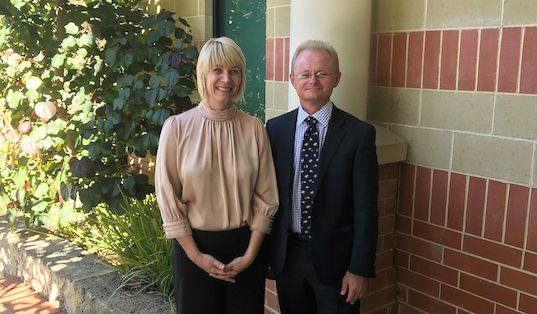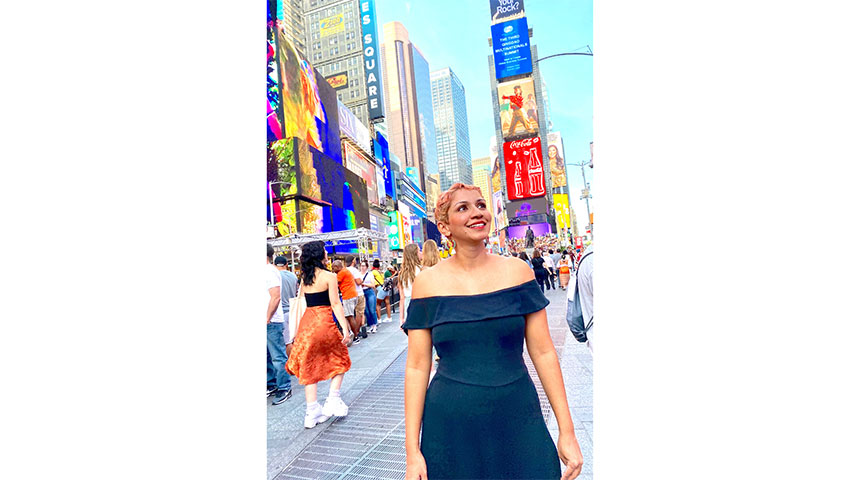
Bhali Gill (Master of Applied Psychology in Organisational Psychology, 2010) founded her organisation with the goal to help people thrive in an environment that most can’t avoid...their workplace.
Considering that the average person dedicates 90,000 hours of their life to work, coupled with the stresses of deadlines and office politics, Bhali's efforts have become increasingly crucial.
Her journey started as an international student from Singapore, where she immersed herself in Murdoch’s diverse community of students. "I got to meet a lot of different people from different cultures," she recalled, "and that really was one of the most memorable times."
But it wasn't just the student community that left an impression on her. The approachability of the academic staff came as a refreshing change. She fondly remembers an interaction with one of her professors, "I wrote an email to my lecturer saying, ‘Dear Professor David’, and he wrote back saying, Oh, just call me David!" The lack of hierarchy between academics and students made her feel valued and seen as an equal.
After graduation, Bhali embarked on a mission to address a significant gap she had observed in the corporate world. She founded Corporate Wellbeing in Singapore to champion the cause of thriving and building resilient organisations. "I noticed there was something which was lacking within the corporate world, the focus on wellbeing and mental health," she said. At a time when topics like burnout were scarcely discussed, Bhali was ahead of the curve, recognising the pressing need for such initiatives.
Fast forward to today, and the conversation around mental health in the workplace has gained momentum and become commonplace, especially in light of the pandemic. "I wanted to make a difference to workers and to support them so that they can thrive in their workplace," she said. Through Corporate Wellbeing, she has been instrumental in guiding organisations in how to foster environments where employees flourish.
At the heart of Bhali's organisation, lies a dual focus. Firstly, they delve deep into individualised support. "We do executive coaching and work-life coaching, working with employees and leaders who might be struggling with their personal or professional lives," she explained. This support extends beyond just well-being issues, encompassing leadership challenges and aiding those navigating organisational changes. Their holistic approach ensures that employees, even those facing burnout, are guided back to a healthier state of mind.
Secondly, the organisation emphasises tailoring training programs to foster a healthier work environment. Bhali explains, "One of our key programs is 'Creating Psychological Safety' and 'CreatingMeaningful Work & Life with Positive Psychology'. Another pivotal program focuses on managing stress and empowering leaders to support their teams in handling stress effectively. These initiatives address immediate concerns and equip organisations with the tools to foster long-term well-being."
In today's fast-paced corporate world, Bhali identifies several hazards facing employees. Topping her list is the double-edged sword of technology. "While technology has been so beneficial for us, it's also created a culture of being always on," she said. "This constant connectivity, though advantageous in many ways, often deprives individuals of genuine breaks, leading to a perpetual state of distraction."
Another pressing concern she highlights is the blend of role overload and the ever-present ambiguity in the modern workforce. "One of the things which I see is having high levels of workload, and also having employees deal with a lot of ambiguity," she said. In a world where change is the only constant, employees grapple with mounting expectations and a landscape that's in perpetual flux.
Lastly, Bhali underscores the significance of organisational support. "The last hazard is a lack of supervisor support or organisational support.” The absence of a supportive environment, where employees can openly communicate their challenges, and having leaders equipped with the right tools to support their employees, further exacerbates the stressors in the workplace.
Bhali emphasises the importance of individual actions to safeguard one's mental and emotional health. At the forefront of her recommendations is the judicious management of technology. "Setting boundaries and managing technology means really setting time for yourself to disconnect," she said. In an era dominated by screens and notifications, she stresses the significance of intentional disconnection, such as refraining from checking emails first thing in the morning. "One of the things I've done is not have any email apps on my phone," she shared, highlighting her personal strategy to avoid the 'always-on' trap.
Secondly, Bhali underscores the importance of establishing clear boundaries. "Understanding yourself in terms of what is impacting you and create boundaries for yourself." This might mean setting specific 'out of office' hours or learning to say 'no' when necessary.
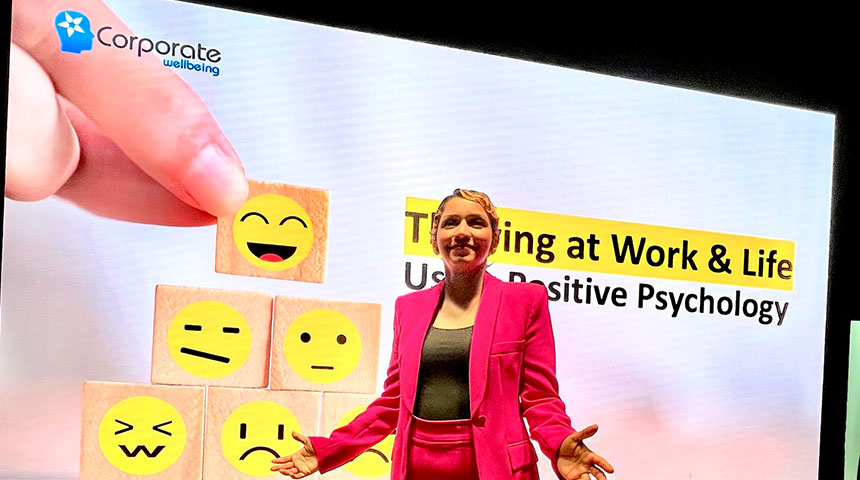
Lastly, she champions the age-old wisdom of self-care. "Practice self-care and do the things which help take care of you." Even in the face of mounting tasks, she believes that prioritising one's well-being is paramount.
For Bhali, the essence of her work lies in the transformative impact she has on individuals. "The most rewarding thing is really the impact that I get to make." Whether it's through coaching sessions or training, the feedback she receives is a testament to the profound difference she makes in people's lives. "When I have a client tell me that the impact from the coaching session has transformed their life, that in itself is extremely rewarding.”
Beyond her direct interactions, Bhali has also made waves in the broader community. One of her standout achievements has been her contribution to Forbes. "I was given the opportunity to write for Forbes as a contributor," she recalled with pride. Through her articles, she delves into topics of well-being and thriving in the workplace and life, reaching a global audience.
In May 2023, Bhali moved to New York City, often dubbed the "melting pot" of cultures. At the heart of her decision to move to the Big Apple was the allure of being closer to psychological research and development. "One of the things which I was really excited to move to New York for was the advancement and the development in psychology here. The proximity to renowned institutions and key figures in the field, for example Martin Seligman of the University of Pennsylvania, was a significant draw."
However, it wasn't just the academic allure that captivated her. "I love the diversity here and seeing how everyone is so proud of being themselves."
The horizon looks promising for Bhali and Corporate Wellbeing. With a vision to make a broader impact, they are setting their sights on new shores. "We are very excited to be expanding to the US and its East Coast region, especially New York City." This expansion signifies the company’s commitment to enhancing the well-being of employees on a global scale, further solidifying their position as leaders in the field of corporate mental health and well-being.
